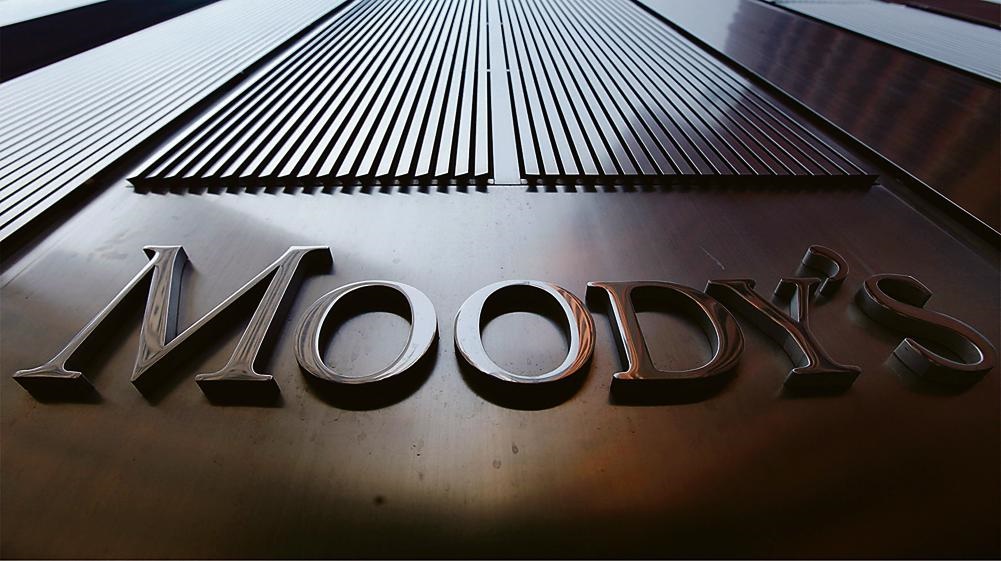
Three of the world’s major ratings agencies, Moody’s, Fitch and Standard & Poor’s (S&P), are reviewing South Africa’s credit rating. The Conversation Africa’s Charles Leonard asked Mampho Modise to explain the significance of the reviews.
What do the agencies look at in the process of reviewing a country?
In their rating methodologies, rating agencies have developed rating criteria for assessing the performance of key macroeconomic and socioeconomic indicators. By assessing the indicators, the rating agencies are able to determine the borrower’s ability and willingness to honour debt obligations.
Rating criteria focus on the following components and indicators:
Economic structure and performance: Real GDP, per capita income, headline inflation rate, gross investment as a percentage of GDP and gross domestic savings as a percentage of GDP.
Government finances: Government revenue to GDP, government expenditure to GDP, government debt to GDP, debt interest payment to revenue and the budget balance as a percentage of GDP.
External payments and debt: Current account balance as a percentage of GDP, the ratio of external debt to GDP and level of official reserves.
Susceptibility to event: Political risk, socioeconomic risk, external vulnerability risk and institutional independence.
When reviewing the sovereign ratings, rating agencies hold discussions with various stakeholders in government, labour, civil society and the private sector. The reason the private sector is included is for the rating agencies to get an independent view on government policies and strategies.
What do they do with their results?
Once their reviews are concluded, the agencies will announce credit rating opinions which will reflect the borrower’s credit worthiness. That is the likelihood that the borrower will pay back a loan within the confines of the loan agreement, without defaulting.
A high credit rating indicates a high possibility of paying back the loan in its entirety without any issues. A poor credit rating suggests that the borrower has had trouble paying back loans in the past, and might follow the same pattern in the future.
The credit rating opinions are used by various stakeholders and for different reasons.
Firstly, investors use credit ratings as a guide to their investment decisions. Credit ratings provide an independent and objective assessment of the credit worthiness of countries and corporations. This assists investors to decide how risky it is to invest money in a certain country or corporation.
Secondly, for corporations and governments who want to raise money in the capital market, a favourable rating means a country will be able to obtain funds at a lower cost.
Lastly, governments could also use credit ratings as a measure for gauging their performance relative to peers to effect improvements.
Which political developments in South Africa are likely to have an impact on the reviews?
A few areas of concern have been cited.
The outcome of the 2016 local government elections is one. The rating agencies are concerned that a drop in the voter percentage could result in fiscal loosening to draw votes back to the ruling party.
Another concern is the charges instituted against the Minister of Finance Pravin Gordhan and later withdrawn. This threatened the institutional stability and integrity of the National Treasury.
And the political disagreements on the findings of the state capture report threatened the institutional independence of the office of the Public Protector and the courts.
Finally, the upcoming elective conference for the governing African National Congress (ANC) in 2017 is raising a concern on policy continuity and predictability.
Do the agencies operate in every country around the world?
Not necessarily. Rating agencies can operate unsolicited. But major rating agencies such as Moody’s Investors Service (Moody’s), S&P Global Ratings(S&P) and Fitch Ratings (Fitch) are solicited by countries to provide credit ratings.
Moody’s operates in 36 countries, S&P in 28, and Fitch in more than 30 countries.
What happens to a country downgraded to junk status?
Junk status is associated with high risk. Therefore, high borrowing costs. This is the main reason why a sovereign has to avoid being downgraded into a junk, or sub-investment grade.
For fund managers (who are representing the investors) a downgrade to junk status means they will have to sell the assets (bonds) they hold. Their mandates require that they only invest in investment grade assets.
For an ordinary person it means paying more interest, leaving little money for savings and expenditure on rent, school fees and food.
For governments it means allocating more to debt servicing costs (interest payment). Less money will be available for social grants, investment priorities, creating jobs and ultimately reducing the GDP growth potential of the country. More interest payment also crowds out other critical spending. Social services is an example.
Is it possible for a government to simply ignore their ratings?
Not really. Solicited credit ratings ensure easy access to international capital markets. Favourable credit ratings imply low borrowing costs. The South African government has solicited credit ratings from the top agencies to ensure that it can easily and cheaply access foreign funding needed to accomplish its economic development agenda.
South Africa therefore can’t ignore the credit ratings assigned to it, especially given that foreign investors hold more than 30% of government debt.
Which agency is taken most seriously?
Sovereign credit rating is the most concentrated industry. There are approximately 70 rating agencies globally. But most investors base their investment decisions on the credit ratings published by Moody’s, S&P and Fitch. These three control approximately 95% of the rating business.
Mampho Modise, Post graduate researcher, University of Pretoria
This article was originally published on The Conversation. Read the original article.




 Publications
Publications
 Partners
Partners








